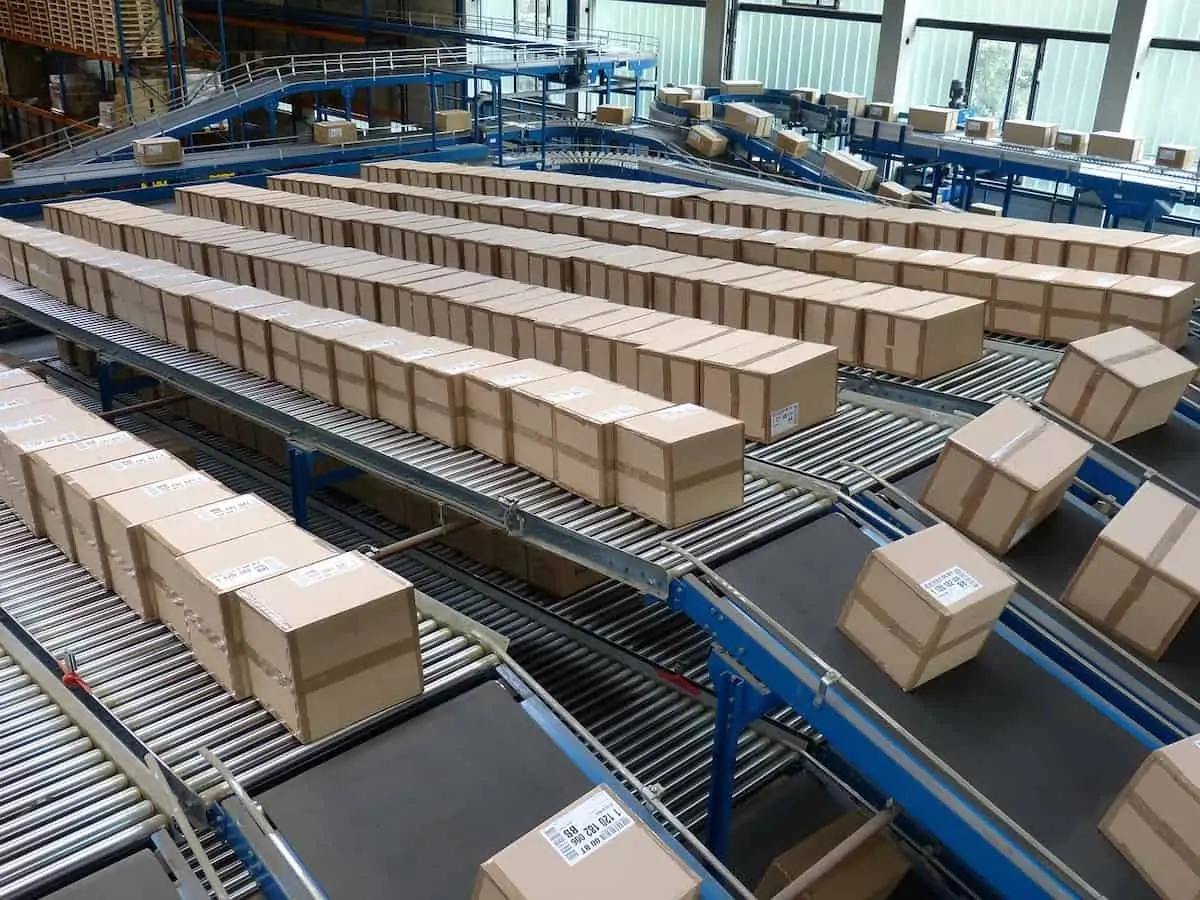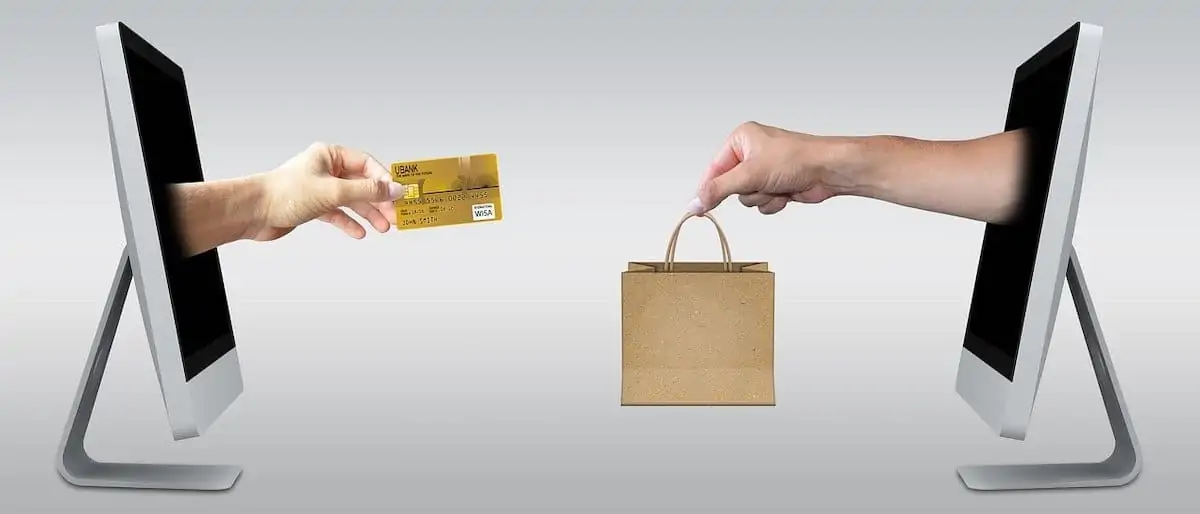E-commerce is defined as the buying and selling of products or services exclusively through electronic channels. If you’ve made an online purchase through eBay, Shopify, Amazon (through Amazon FBA), and other platforms, then you have made your purchase via an e-commerce site. More and more people spend their time browsing on the internet and the more likely they are to buy stuff online.
Admittedly, the e-commerce industry is booming. Retail e-commerce sales in the United States are projected to grow at a fast pace in the coming years, going from 322.17 billion U.S. dollars in 2016 to just over 485 billion US dollars in 2021.
Why You Need Order Fulfillment Services
If you’re looking for a business that will eventually get you out of your 9-5 job, or looking to expand your existing business, having an online presence and web-based store could fulfill this goal. For beginners in the e-commerce trade, what do you need to do to get more sales, with a lot of online businesses competing for customers’ attention?

Customers want products that will give the best bang for their buck with speedy delivery, and good after-sales support. Here’s where the different companies offering order fulfillment services come in.
What is an Order Fulfillment Service?
Order fulfillment is defined as the steps involved in receiving, processing and delivering orders to end customers. A fulfillment service is defined as a third-party company that provides these order fulfillment steps on behalf of another party, such as an online seller.
Let’s look at the pros and cons of using either Amazon FBA (Fulfillment By Amazon) or a 3PL for your fulfillment needs.
Fulfillment By Amazon
FBA, or Fulfillment By Amazon is a business model wherein e-commerce sellers on the Amazon Marketplace, big or small, can have their products stored in any of Amazon’s giant warehouses, pack and deliver them to customers, handle customer support, and returns.
FBA Pros
Expertise and Reach
Amazon has one of the most advanced e-commerce fulfillment service in the world, can help you scale-up or grow your business and as of the last measured period, the source estimated 90 million paying Amazon Prime subscribers in the United States, up from 63 million in June during the previous year.
Amazon Prime customers are eligible for 2-Day Shipping, Free Shipping and other benefits. If you sign up your products for Amazon Prime, your products are eligible for free shipping, too.
Customer Service and Returns
FBA handles customer service and returns. Listings are displayed with the Prime logo, so customers know that Amazon handles packing, delivery, customer service, and returns.
They handle the fulfillment services side of the business and saves your time, so you can focus on the other aspects of your business.
Multi-Channel Fulfillment
With Multi-Channel Fulfillment, you can fulfill orders from other sales channels using your inventory stored in Amazon order fulfillment centers. Single-source your inventory to streamline your fulfillment operations, manage your inventory through an online user interface and can direct Amazon to return your inventory in e-commerce fulfillment centers at any time.
Cons of using FBA
Customization
Little to no order customization. Sellers must comply with existing Amazon .processes.
Branding
Items are shipped in Amazon boxes. Sellers can ship in generic boxes which may cost extra.
Warehouse Pricing
Storage fees are generally higher compared to 3PLs and usually rise during holidays.
Higher order handling fees for non-Amazon orders.
Communication
Solutions are based in standard processes which may pose little opportunity for dialogue.
Conflict of interest
The fact that Amazon may actually be a competitor to the seller. Amazon is in the business of selling, they just happen to offer shipping services. For Amazon, it’s free product and market research, and they’re making money off you.
Third Party Logistics (3PL / TPL)
Third–party logistics in logistics and supply chain management is a company’s use of third party businesses to outsource elements of the company’s order fulfillment services.
Pros of Using 3PL
Customization
Boxes/bags and all internal packaging are customized to a specific brand. Processes are adapted to your business’ operation and specification.
Warehouse Costing
Attractive storage costs that is variable. Customer pays storage space on a given month. Some 3PLs even offer free warehouse storage for a limited time.
Communication
Has onboarding processes, frequent communication before and after product launch. Collaborative approach is encouraged.
B2B (Business to Business)
Certain 3PLs can handle both B2B and B2C (Business to Consumer) fulfillment, resulting in one e-commerce fulfillment partner for all sales channels.
Cons of Using 3PL
Finding a Trustworthy 3PL company takes time.
Not all 3PL providers are created equal. It takes time to find a good company to work with from the beginning. Once you find someone you can trust, you can rest assured that your goods are being properly cared for. The initial search could be stressful but it will all be worth it once you find a reliable 3PL company.
Bad Service Reflects on Your Company
An inefficient 3PL provider could make your company look bad. Your customers do not care who is in charge of getting the product to them. All they care about is the end result. It is very important to look for a good distribution center early on to avoid customer-satisfaction issues in the future.
Amazon FBA or 3PL in Conclusion
Order Fulfillment Services are a crucial part of your business and a major factor in determining its success or failure. Whether you entrust your fulfillment services to FBA or a 3PL, there is a greater chance that you will be in good hands – these are fulfillment experts, after all. The key difference is you as the owner, – what do you want for your brand and what kind of customer experience you want to give to your consumers.
If you are happy to use Amazon’s existing system and tap into their wide customer reach, FBA may be a perfect fit for your company. If, however, you would like more control over your order fulfillment services, partnering with a 3PL could be the best solution. Make sure your order fulfillment service provider is experienced with the type of operations you need before you entrust them with your reputation.






